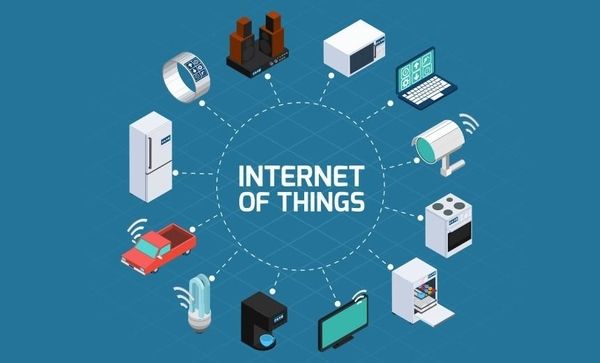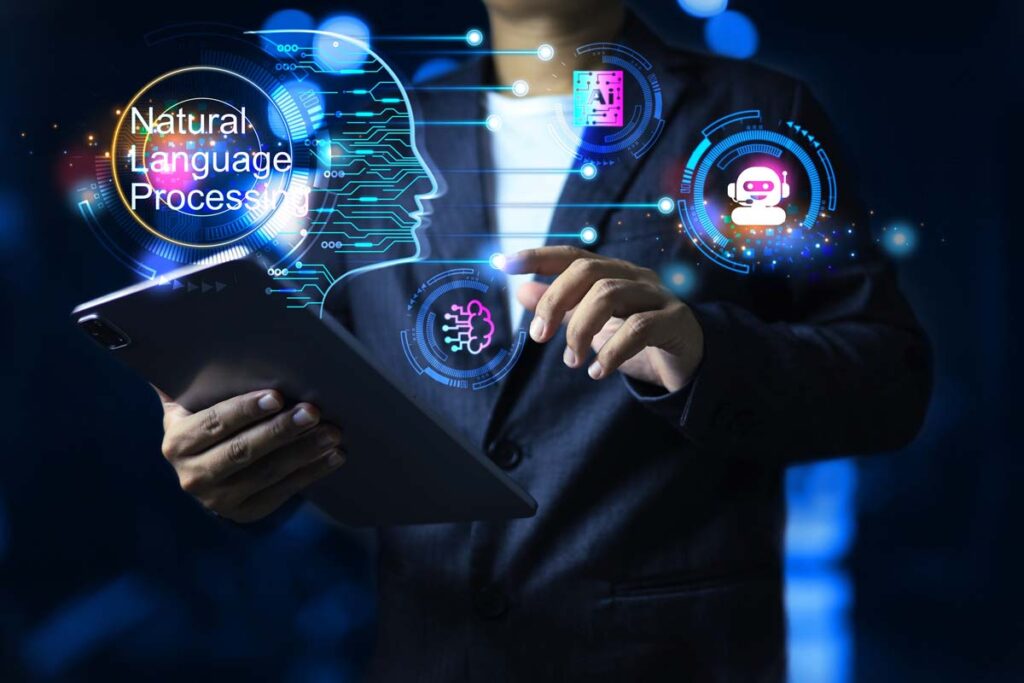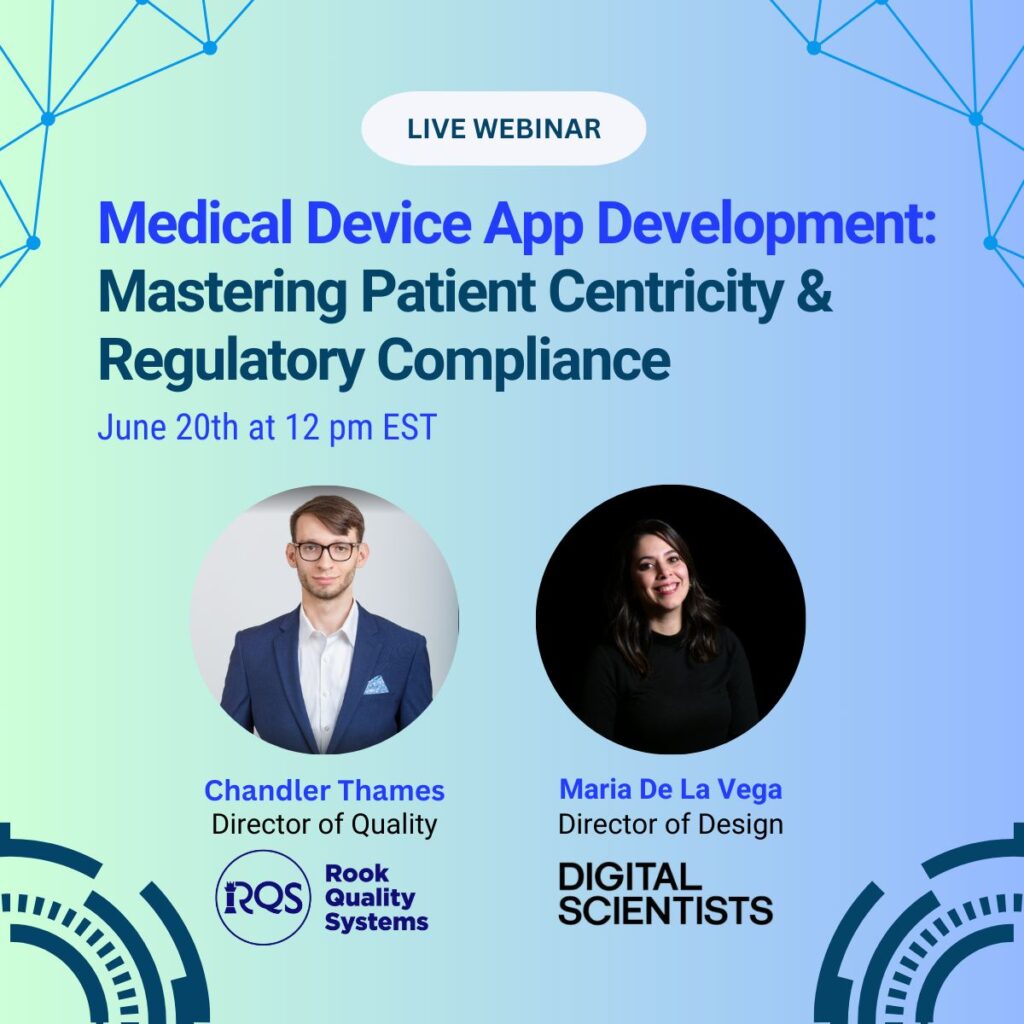Guest blog by Grayson Kemper, Senior Content Developer and Marketer at Clutch.
Digital Scientists CEO, Bob Klein, recently provided insight for new research report about how people use IoT devices published by Clutch, a B2B ratings and reviews firm based in Washington, D.C.
Digital Scientists is currently ranked among the top Internet of Things developers.
Smart home appliances are how most consumers experience IoT technology.
People own and use smart home appliances the most among IoT devices, according to Clutch’s survey of over 500 people who own an IoT device. The survey found that two-thirds of people (67%) own a smart home appliance.
Despite the number of people who own an IoT device, most don’t depend on their devices to live their everyday lives.
Nearly two-thirds of respondents (64%) say they don’t need their devices to accomplish their daily activities.
For Klein, this indicates that consumers generally find that connected devices are useful, but not life-altering, especially compared to smartphones.
If you left your phone at home and drove off to work, how many people are going to go back and get it? And how will not having it impact their day?
More devices will include IoT technology in the future.
The report’s findings about consumers future IoT investment plans are concerning for brands and IoT developers, at least on the surface. Over half of people don’t plan to invest in a connected device over the next 12 months.
The choice in whether people own a connected device, however, may not actually be up to them, Klein posits in the report.
Many modern devices, particularly smart home appliances, come equipped with connected functionalities.
Connected functionality is going to be built into everything. It may be more of an issue of ‘How do I turn it off?’
Modern televisions, for example, are often equipped with connected functionalities – for example, the ability to sync with Netflix, Hulu, or HBO accounts through applications that can be accessed using a remote or voice command system.
For these devices, the actual concerns IoT companies may have is people adjusting their devices so that they can’t be connected.
In all likelihood, though, people will not intentionally disconnect these functionalities from their devices – they’ll use the connected functions if devices come equipped with them, the same way they currently fail to connect their IoT devices.
People still do not download the same applications on multiple connected devices: less than 10% connect IoT devices through applications, the survey found.
To create an ecosystem of connected devices (an “internet of things”) that people can use to control aspects of their lives, it’s often necessary to download applications to actually connect their devices.
The focus for IoT developers and companies, then, should be to convince people to connect devices to each other.
The more people use their devices, the more benefits they can receive from using connected devices, particularly smart home appliances.
For example, people can earn energy and cost savings from syncing IoT devices with each other.
Find verified reviews for Digital Scientists from former clients on Clutch and The Manifest.
Guest blog by Grayson Kemper, Senior Content Developer and Marketer at Clutch.



